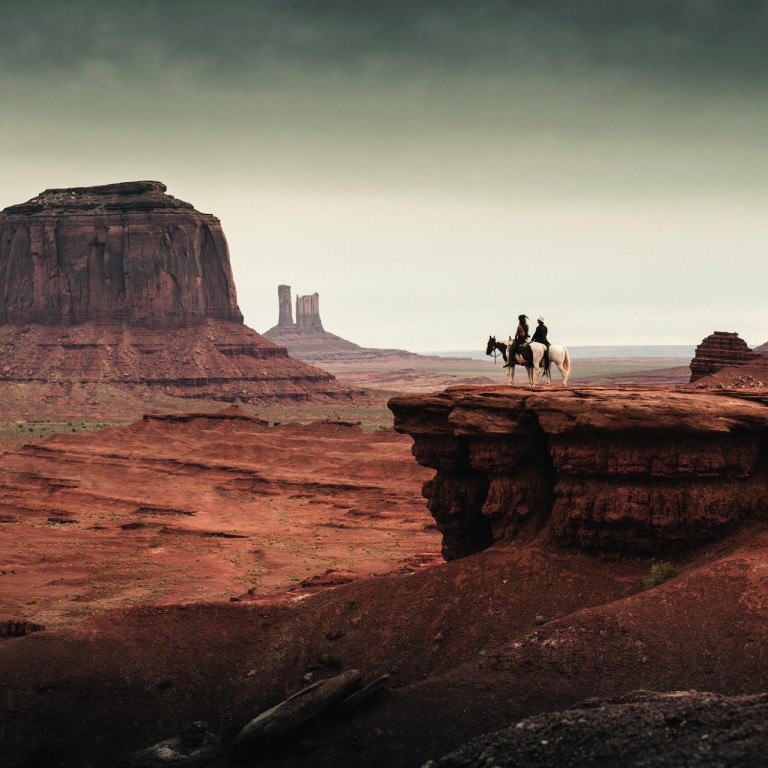
Film review: The Lone Ranger
Richard James Havis

Underneath the hammy humour and overacting that permeate Gore Verbinski's , an acceptable western film is struggling to get out. The script revisits western tropes with imagination, the action scenes are wild and engaging, and Johnny Depp's Tonto, while not the most subtle portrayal, is fun to watch.
The film bounces merrily back and forth across three genres: action, comic western, and revisionist western. Featuring harsh depictions of violence (despite a rating of PG-13 in the US, and IIA in Hong Kong), it harbours a scathing attack on American capitalism, depicting big business and the authorities as corrupt. In keeping with most western film heroes, the masked Lone Ranger stands up for the little man in the face of the crushing might of big commerce.
A former Texas Ranger by the name of John Reid (Armie Hammer) is disgusted with the corruption of the state and works outside the law to bring justice to the wild west.
The character was created in 1933 for a radio show, and found international fame with his Native American sidekick Tonto in the 1949 television show which featured Clayton Moore in the titular role.
In the 2013 film version, Tonto is not a sidekick but an equal partner. The two men do not like each other and there is no warmth between them at all - an unusual blockbuster relationship. The story, which is serviceable, focuses on the hunt for a depraved criminal who might be tied to big business.
Verbinski has done his homework. Many classic westerns, such as 1939's , were about the evil railroad barons of the East Coast violently appropriating land from the new settlers in the west. The director has also watched revisionist westerns, such as 1970's , and depicts Native Americans as an oppressed and exploited people rather than the enemy. , no matter how scatterbrained, pays respect to the classics that came before it.
So it's a shame that Depp hams it up so much. Since he appeared with The Rolling Stones' Keith Richards in (2007) he seems to have thrown his delicate acting skills to the wind and modelled his performances on the ageing rock star. At times Depp, who feeds a dead bird that he wears on his head and utters arcane statements, does appear ridiculous. But he is also often sardonic and funny.
Some screwball humour seems odd amid the nastiness of the west, and Hammer's deadpan Ranger could have done with a bit more grit to suit the melee. Verbinski seems to have had a vision for his that was ultimately suffocated by the studio's need to bring in the summer crowds.
But it is still a better film than you will have heard it is.
opens on August 8
